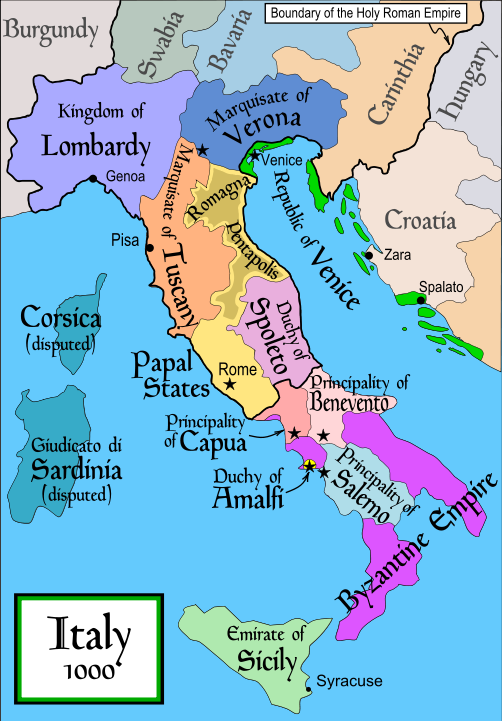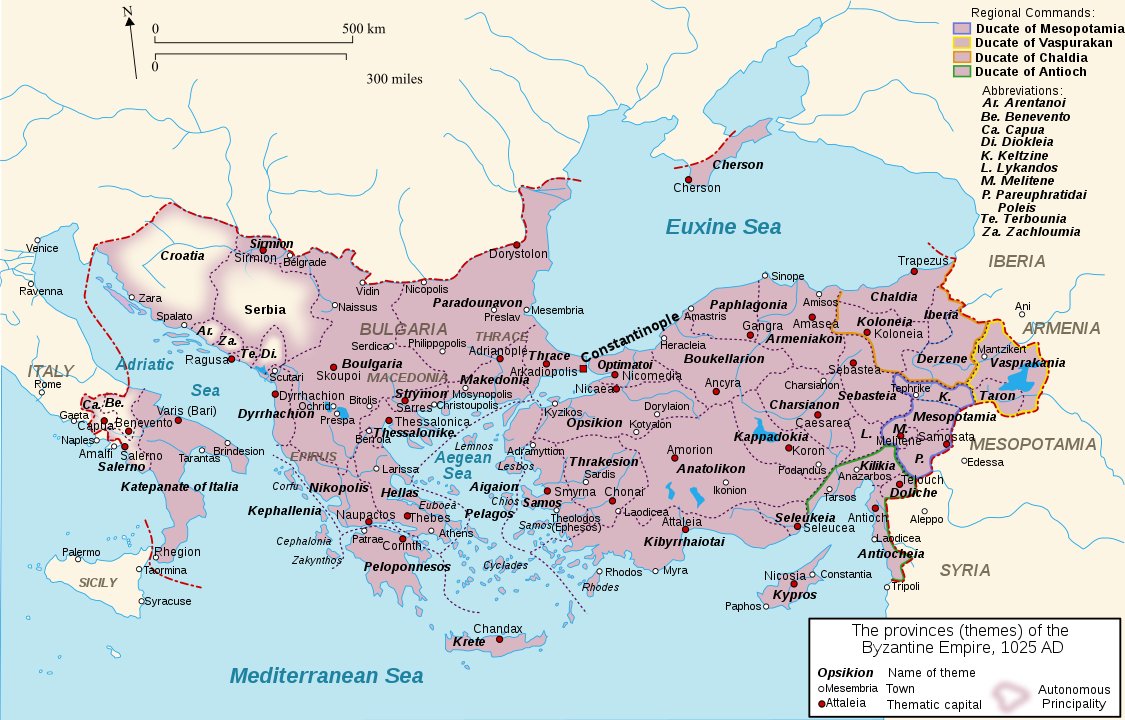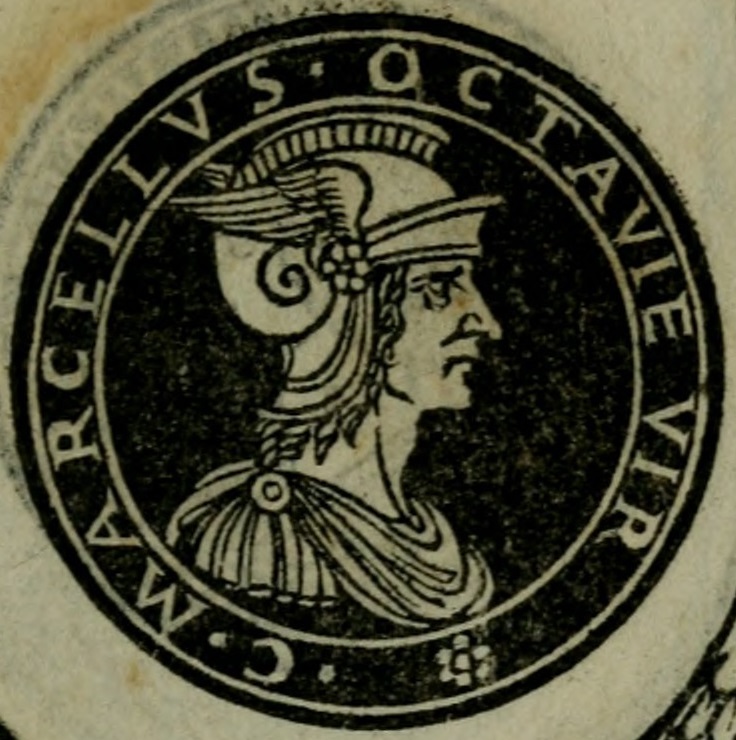
An unexpected king of a young nation, a reign filled with rebellions and invasions, nominating a rebel and rival as his successor, a successor who would stabilize the nation preventing its collapse into many smaller nations.
Story in the evening ...
Story in the evening ...
https://twitter.com/Arby_K/status/1332536052997713922
Konrad was a Frankish noble born around 880. His father, also named Konrad, was an influential noble in the court of the Emperor Arnulf. Their association with Arnulf led to an intense rivalry with another Frankish noble family, at whose expense the Konradiners had gained. 1/10 

East Francia had been created in 843 after the Carolingian Empire was divided among warring brothers. Konrad came from Franconia, a historic Frankish region that became part of East Francia. Though Arnulf claimed the entire Empire, his rule was limited to East Francia. 2/10 

After Arnulf's death in 899 and succession by his 6 year old son Louis, the rivalry increased. The senior Konrad would die in battle in 906, but King Louis backed the Konradiners, executing their opponents. As Louis died in 911 heirless, East Francia was left in a disarray. 3/10 
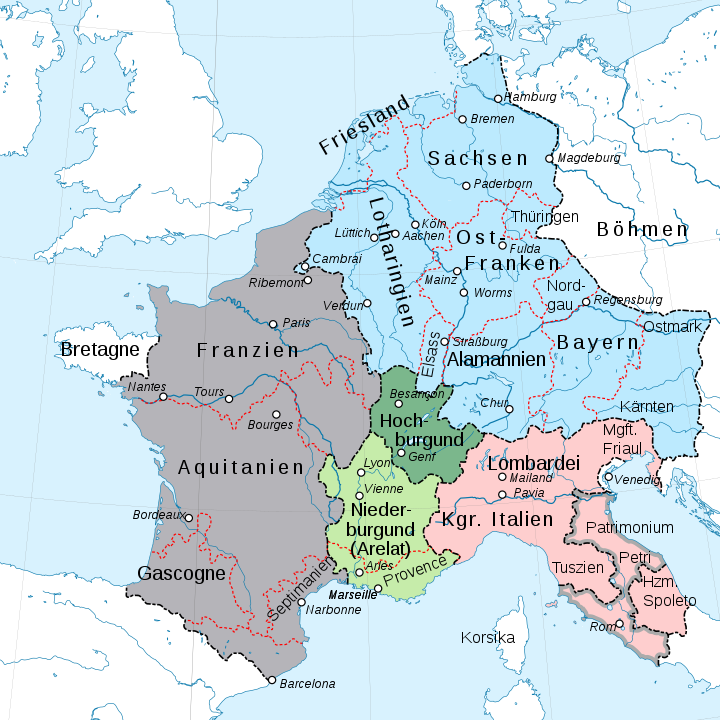
The death of Louis ended the Carolingian line in East Francia. Facing continuous raids by the Magyars for a decade, the stem duchies of East Francia; Bavaria, Franconia, Lotharingia (Lorraine), Saxony and Alemannia (Swabia) had largely become free of central rule. 4/10 

With the support of Franks and Saxons, Konrad was elected as King of East Francia, but his control was limited. Lotharingia had switched to West Francia ruled by Carolingian Charles, and Konrad struggled in controlling Alemannia and Bavaria. 5/10 

The Magyar raids continued, putting strain on Konrad's rule. Heinrich, ruler of Saxony and nephew of Konrad's former rivals, would battle with Konrad over Thuringia till 915. By 918, Konrad had been injured in battle and foreseeing death, nominated Heinrich as his heir. 6/10 

Unlike his predecessor, King Heinrich did not seek to conquer the stem duchies. Though he had to briefly battle Bavaria, he largely left the stem duchies autonomous. This system of autonomous duchies would continue till the breakup of Heinrich's kingdom in 1806. 7/10 
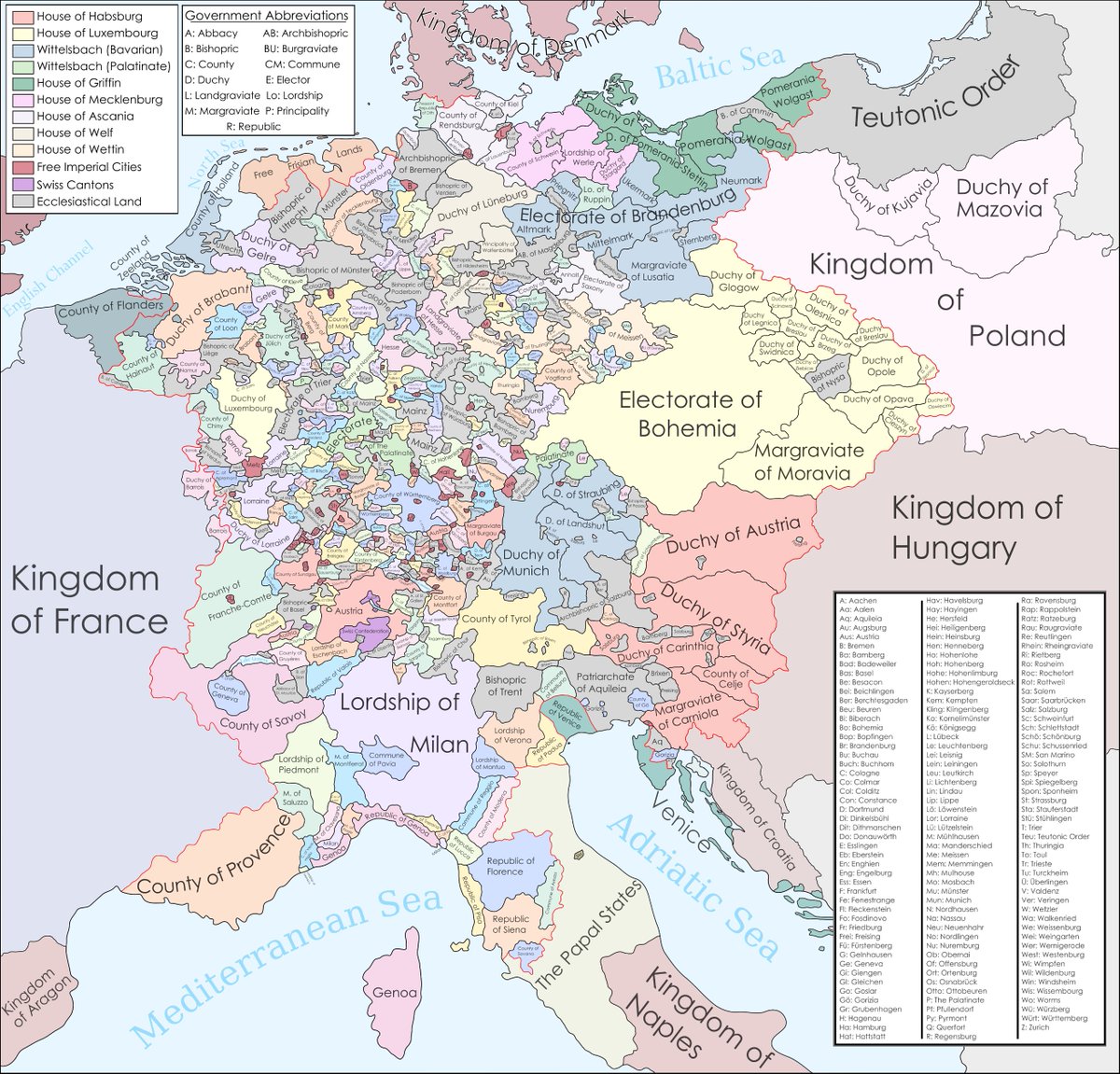
In 925, Heinrich would also conquer Lotharinigia, a region that has over centuries changed hands many times. After a truce with the Magyars in 924 and later victor in battle against them in 932, Heinrich managed to keep his eastern borders safe as well. 8/10 

As he died in 936, Heinrich would leave a much stable East Francia to his son Otto, who would take it to even greater heights conquering the northern half of Italy and being crowned in Rome as Holy Roman Emperor in 962, the first in the West since 924. 9/10 

Heinrich's descendants would rule East Francia till 1254, with breaks at times, especially when dynasties changed, while the stem duchies got more fragmented. After collapse in 1806, it would be replaced in 1815 by the German Confederation with 39 member states. 10/10 



• • •
Missing some Tweet in this thread? You can try to
force a refresh

